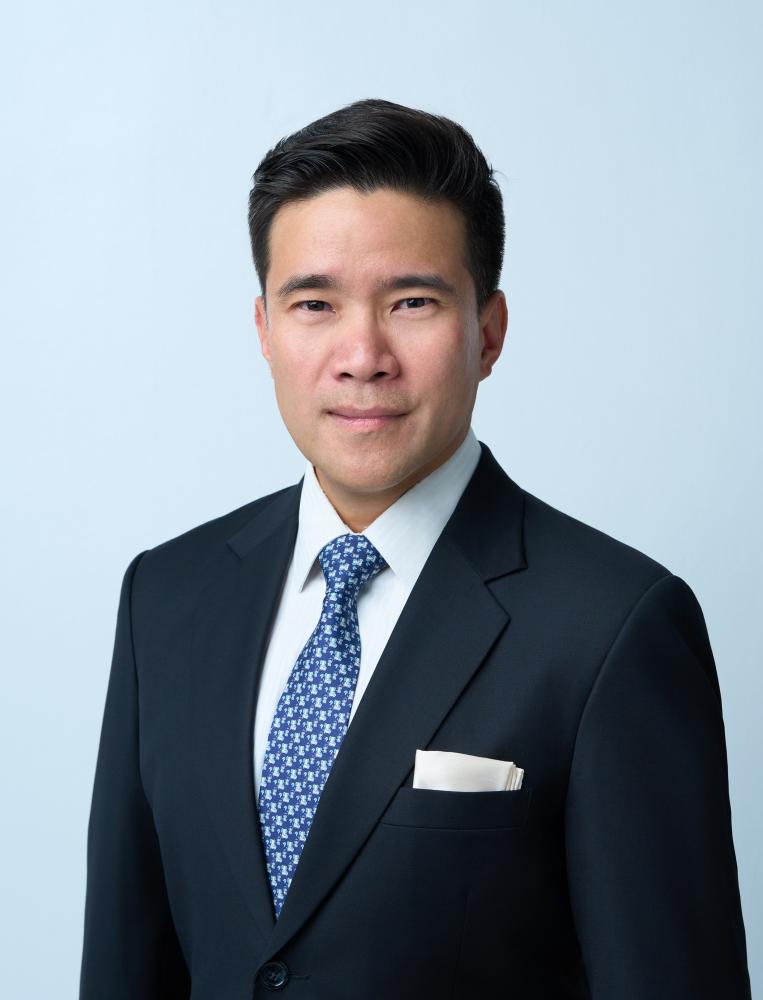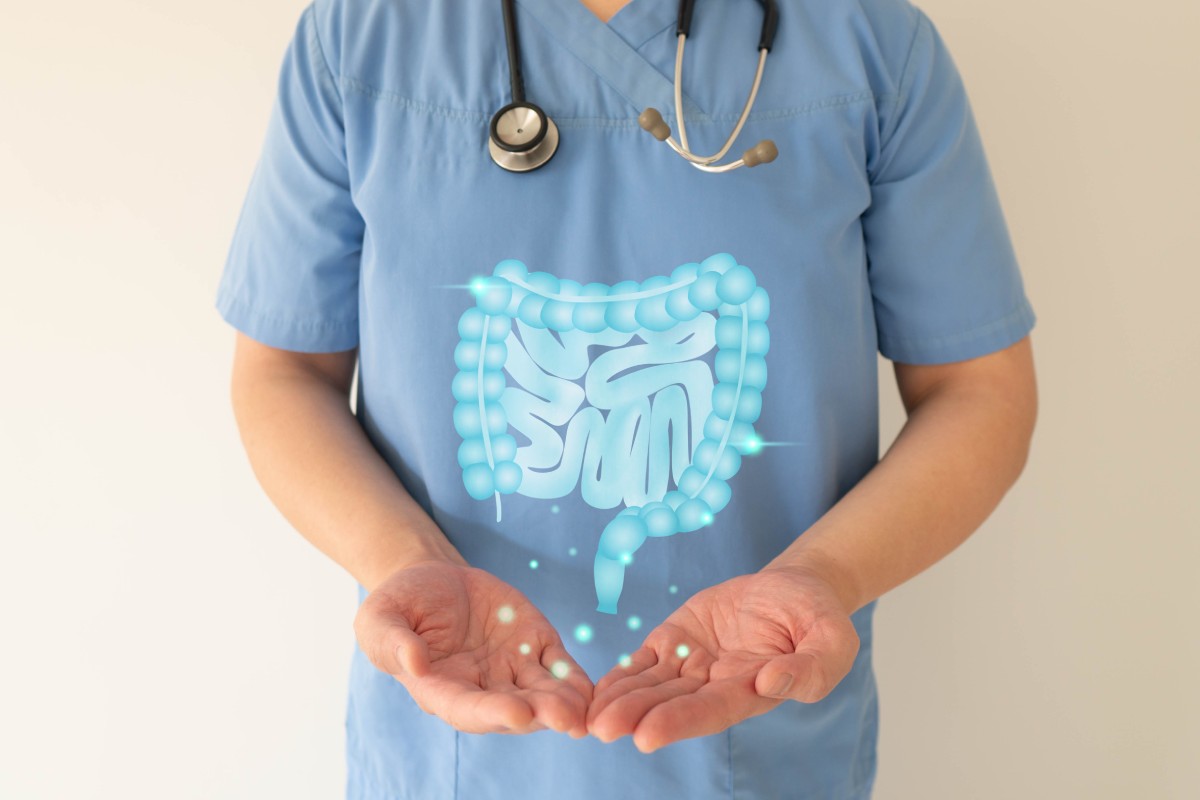Early Detection Matters:
Get A Colonoscopy Today!
Early Detection Matters: Get A Colonoscopy Today!
A thorough colonoscopy uncovers hidden risks before they become life-threatening. Take control of your health—schedule your screening today.
- Over 25 Years of Experience
- Same Day Appointment
- Minimally Invasive
- Minimal Downtime
- Claimable by Most Insurance*




Get the Facts
What Is A Colonoscopy
A colonoscopy is a procedure that lets your doctor look inside your large intestine (colon) using a thin, flexible tube equipped with a tiny camera. This helps spot any abnormalities like inflamed areas, ulcers, or growths called polyps which can be removed on the spot to prevent them from turning into cancer.
When Should I Go For A Colonoscopy
Most individuals first undergo a colonoscopy as part of regular cancer screening. It’s often recommended starting at age 45, but some people may need one sooner based on specific risk factors.
You may be advised to schedule a colonoscopy if:
- You’re Over 45: It is common for many to get their routine screening around age 45.
- You Have a Family History: A close relative diagnosed with colorectal cancer or significant polyps can raise your own risk.
- You Have Inherited Conditions: Genetic syndromes like Familial Adenomatous Polyposis (FAP) or Lynch Syndrome warrant more frequent checks.
- You Experience Persistent Gastrointestinal (GI) Symptoms: Rectal bleeding, unexplained weight loss, chronic diarrhoea, or a sudden change in bowel habits could signal an underlying issue.
- You Have Inflammatory Bowel Disease: Conditions such as Crohn’s disease or ulcerative colitis increase the risk of colon cancer, making regular screenings essential.
What Colonoscopy Can Detect
Detecting Colon Cancer Early
Colon cancer often progresses quietly in its early stages. By the time noticeable signs like rectal bleeding or persistent changes in bowel habits appear, the disease may be tougher to treat.
If signs of colon cancer are detected, colon cancer treatment can commence.
Diagnosis Of Other Gastrointestinal Issues
A colonoscopy isn’t solely for cancer screening. It can also help identify or rule out other gastrointestinal problems such as polyps, inflammatory bowel disease, and diverticulosis.
Other Issues That Can Prevent Pain And Additional Costs
Treating colon cancer once symptoms have appeared is often more involved and costly than addressing it early. The same applies to other GI conditions: early intervention typically leads to simpler management, fewer symptoms, and lower medical expenses.
Our Doctor
Meet Dr Bernard Lim
Dr Bernard Lim is a Consultant Colorectal Surgeon and an accredited Console Surgeon for the Da Vinci Robotic Surgical System. He currently serves as President of the College of Surgeons, Singapore (2023–2025) and was formerly Chairman of the Chapter of General Surgeons (2015–2019). A life member of the Endoscopic and Laparoscopic Surgeons of Asia (ELSA), he also served on the Medical Advisory Board at Mount Elizabeth Novena Hospital.
Trained at the Department of Colorectal Surgery at Singapore General Hospital, Dr Bernard has performed hundreds of colon and rectal surgeries using laparoscopic, single-port, and robotic techniques. He received a SingHealth HMDP fellowship to train in minimally invasive surgery at Queen Mary Hospital and has conducted multiple workshops on laparoscopic colorectal procedures. Dr Bernard has trained specialists both locally and regionally, remains a visiting consultant at Changi General Hospital, and has served as an adjunct assistant professor at Duke-NUS Graduate Medical School as well as a clinical lecturer at the National University of Singapore.
Dr Bernard Lim is a Consultant Colorectal Surgeon and an accredited Console Surgeon for the Da Vinci Robotic Surgical System. He currently serves as President of the College of Surgeons, Singapore (2023–2025) and was formerly Chairman of the Chapter of General Surgeons (2015–2019). A life member of the Endoscopic and Laparoscopic Surgeons of Asia (ELSA), he also served on the Medical Advisory Board at Mount Elizabeth Novena Hospital.
Trained at the Department of Colorectal Surgery at Singapore General Hospital, Dr Bernard has performed hundreds of colon and rectal surgeries using laparoscopic, single-port, and robotic techniques. He received a SingHealth HMDP fellowship to train in minimally invasive surgery at Queen Mary Hospital and has conducted multiple workshops on laparoscopic colorectal procedures. Dr Bernard has trained specialists both locally and regionally, remains a visiting consultant at Changi General Hospital, and has served as an adjunct assistant professor at Duke-NUS Graduate Medical School as well as a clinical lecturer at the National University of Singapore.

What Are The Common Worries About Colonoscopy?
It’s natural to feel anxious if you’ve been told you need a colonoscopy. Many people have concerns that can lead them to postpone or avoid the procedure.
Here are some of the most common worries—and the reassuring facts behind them:
“Will it be painful?”
Thanks to light sedation, it is virtually painless with only minimal discomfort. Many patients barely remember the procedure afterwards. Our team monitors you closely to ensure you remain comfortable from start to finish. If you are worried about sedation or pain, don’t hesitate to let us know as we are happy to discuss any concerns you may have.
“What if something bad is found?”
It can be scary to think about uncovering a problem, but early detection is a good thing! If a polyp or other abnormality is discovered, it can often be removed right then and there, potentially preventing more serious issues down the road.
“I don’t have enough time for this”
A colonoscopy may sound like a big time commitment, but the actual procedure typically lasts only 30 minutes. You’ll need a bit of extra time for sedation and recovery, but most people are back to their normal routine by the next day.
“Will the recovery process be uncomfortable?”
You might feel a bit groggy or bloated after the procedure, but any discomfort is usually mild and temporary. Most patients rest for a few hours to let the sedation wear off, then resume regular activities the following day. If anything feels off, just let us know. Dr Bernard and our dedicated team are here to help you through the recovery process.
How We Can Help
What to Expect During a Colonoscopy
Preparation
You’ll receive instructions for a bowel prep, often involving a clear-liquid diet and medication to clean out your colon.
Sedation
You’ll be given light sedation to ensure comfort throughout the procedure.
Procedure
Using a thin, flexible tube with a camera, the doctor inspects the lining of your colon and removes any polyps if necessary.
Recovery
After a short observation period, you’ll be able to return home—many people resume normal activities the following day.

Prepare For Your Colonoscopy In 3 Steps
It’s normal to feel a bit uneasy about the preparation involved, especially if this is your first colonoscopy.
We’ve broken the process down into three simple steps so you can feel confident and ready for your procedure.
Worried about what you can and can’t eat? Don’t be. Dr Bernard will provide you with clear and specific guidelines on what and when to eat in the days leading up to your colonoscopy.
- Clear Liquids: Stick to clear, non-colored liquids. Avoid anything red or purple, as it could interfere with the accuracy of your colonoscopy. Examples include apple juice, clear broth, or sports drinks without dye.
- Stay Hydrated: Keep a water bottle on you throughout the day as keeping hydrated will reduce feelings of hunger and fatigue, making the process more manageable.
- Stick To A Low-Fibre Diet: Opt for refined grains like white bread, plain rice, and pasta. Avoid whole grains, seeds, nuts, and raw fruits or vegetables with skins.
Be sure to set yourself up for a relaxed, worry-free experience. After all, the last thing you want is to feel stressed or rushed when you should be taking it easy.
- Clear Your Schedule: Try to keep the day before (and the day of) your colonoscopy relatively free, as you’ll be spending time close to a bathroom and attending your appointment.
- Arrange Transportation: Because you’ll likely receive sedation, you shouldn’t drive yourself home afterwards. Plan for a family member, friend, or ride service to pick you up.
- Rest Afterwards: A bit of bloating or fatigue is normal but any discomfort is usually mild and temporary. Most patients rest for a few hours to let the sedation wear off, then resume regular activities the following day.
At Bernard Lim Specialist Surgery, we welcome and encourage questions to make sure you are fully prepared for your procedure. If at any point you’re unsure about diet restrictions, how to use your bowel prep, or anything else, we are just a phone call away and ready to help!
Why Choose Dr Bernard?
Over 25 Years Of Experience
With more than two decades in practice, Dr Bernard brings extensive expertise in diagnosing and treating colon cancer, as well as a wide range of other gastrointestinal concerns.
Discreet, Compassionate Environment
Dr Bernard and his team foster a judgment-free space where patient comfort and privacy are top priorities. You can expect respectful, compassionate treatment from start to finish.
Convenient Access
Our clinic is just a short walk from Novena MRT, making it easy to schedule visits—whether you’re coming for your first appointment or returning for follow-up care.
Our Insurance Partners



Early Action Saves Lives – Don’t Delay
Colon cancer doesn’t wait, and neither should you. Whether it’s a routine screening or a personalised treatment plan, taking the first step could make all the difference.
Frequently Asked Questions
For most people, screening should begin at age 45 and continue every 10 years. However, those with higher risk factors may need earlier or more frequent screenings.
If you have a first-degree relative who has colon cancer, you may need to start screening earlier and undergo colonoscopies more frequently. Discuss your family history with Dr Bernard to determine the right screening schedule.
While a colonoscopy remains the go-to procedure, other options like stool tests may be available for low-risk individuals. Consult Dr Bernard to determine the best option for you.
Yes. Colon cancer can develop silently, with no warning signs until it’s in the later stages. Routine screenings are the most effective way to detect and remove precancerous polyps before they pose a serious threat.
Most insurance plans cover colonoscopies, particularly when it’s part of preventive health screening. However, coverage can vary by insurer and specific policy. We recommend checking with your provider to confirm your benefits.